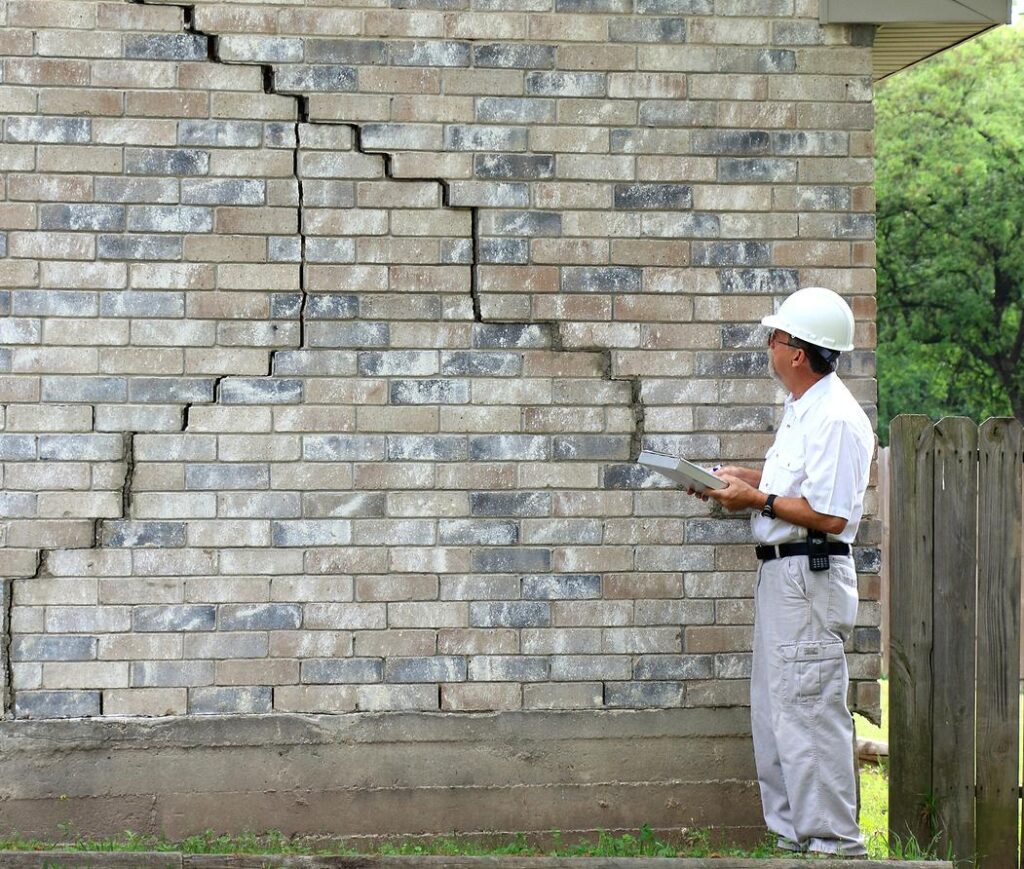When it comes to purchasing or leasing a commercial property, the stakes are often higher than with residential real estate. A commercial building isn’t just a place to operate a business—it’s an asset that can significantly impact your bottom line. Whether you’re considering a retail space, office building, or industrial facility, one of the most critical steps in the process is a commercial inspection. This thorough examination ensures that the property is structurally sound, functional, and compliant with relevant codes and regulations. In this article, we explore the importance of commercial inspections, their scope, and how they protect buyers, tenants, and investors.

Why Commercial Inspections are Essential
Identify Structural and Safety Issues A thorough commercial inspection ensures that the building’s structure is sound and free from major issues that could affect its safety and stability. Inspectors will examine the foundation, walls, and roof for cracks, shifting, water damage, or signs of settling that may indicate structural problems. These issues, if left unchecked, can be costly to repair and may pose a safety risk to tenants, employees, and visitors.
Additionally, the inspection will identify any fire hazards, unsafe electrical systems, or inadequate exits that could create risks during emergencies. Ensuring that the property meets safety codes is critical, particularly in commercial settings where high foot traffic or hazardous materials may be present.
Assess the Condition of Major Systems In a commercial property, the systems that support the building’s day-to-day operations, such as plumbing, heating, ventilation, and air conditioning (HVAC), are critical. Commercial inspections will evaluate the functionality and condition of these systems to ensure they are operating efficiently. Malfunctioning HVAC systems can lead to uncomfortable work environments and high energy costs, while plumbing problems may lead to water damage or contamination.
For tenants, a commercial inspection provides a clear picture of the property’s overall condition before committing to a long-term lease. This is particularly important if the tenant plans to make modifications or upgrades to the space.
The Commercial Inspection Process
The commercial inspection process typically involves several key steps:
Initial Consultation: The inspector will meet with the buyer, investor, or tenant to discuss their specific concerns and goals for the inspection. This helps tailor the inspection to address any particular areas of interest.
Walkthrough: The inspector conducts a thorough walkthrough of the property, examining the exterior and interior, systems, and components. They will document any issues, take photos, and note areas that may need further investigation.
Evaluation of Key Systems: The inspector will assess the condition of the property’s plumbing, electrical, HVAC, and other major systems. This involves testing equipment, inspecting mechanical systems, and looking for any signs of wear or damage.
Report: After the inspection, the inspector provides a detailed report outlining their findings, including any issues, recommendations for repairs, and estimated costs for fixing any problems. This report is essential for making informed decisions about the property.
Key Areas of Focus in a Commercial Inspection
Foundation and Structural Integrity: Cracks, settlement, or signs of shifting could indicate underlying structural issues.
Roofing: Inspecting for leaks, damage, and wear that could lead to water infiltration and costly repairs.
Plumbing and HVAC Systems: Assessing for leaks, corrosion, or outdated components that need repair or replacement.
Electrical Systems: Ensuring that the building meets modern safety standards and can handle the electrical load of commercial operations.
Fire Safety: Verifying that fire alarms, sprinklers, and emergency exits are up to code.
Environmental Concerns: Identifying hazardous materials like lead, asbestos, or mold that may require costly remediation.
Conclusion
A commercial inspection is a vital tool for anyone considering purchasing or leasing a commercial property. It not only ensures the building is safe and functional but also provides critical insights into its long-term viability. For buyers, tenants, and investors, a commercial inspection can help avoid unexpected costs, ensure compliance with regulations, and ultimately protect your investment. By addressing issues early on, you can make more informed decisions and confidently move forward with your commercial property purchase or lease.

